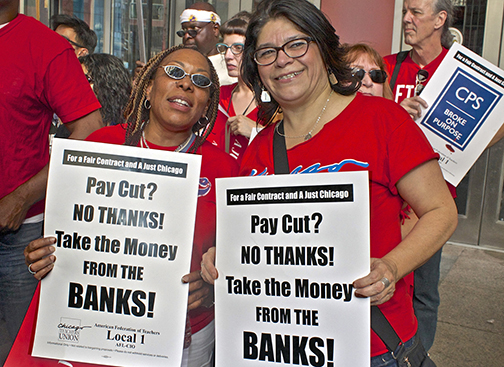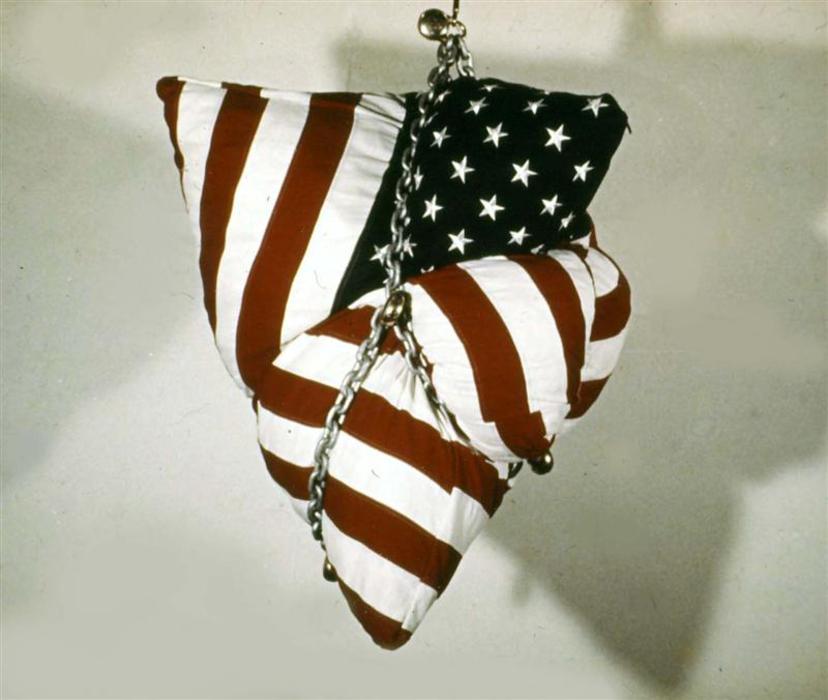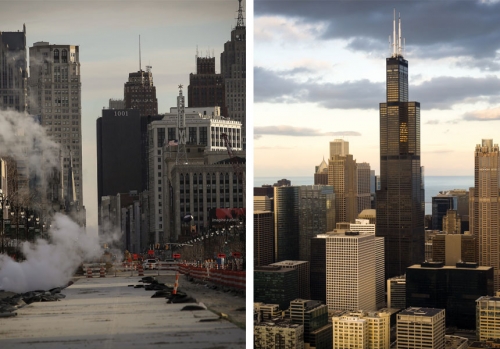#Guillotine:
I think part of the reason that the Congress and very strong Democratic supporters of increasing the minimum wage are trying to debate and determine what’s the national floor is because there are different economic environments. And what you can do in L.A. or in New York may not work in other places.
Read More: Hillary Clinton Declines To Support A National $15 Minimum Wage – BuzzFeed News








